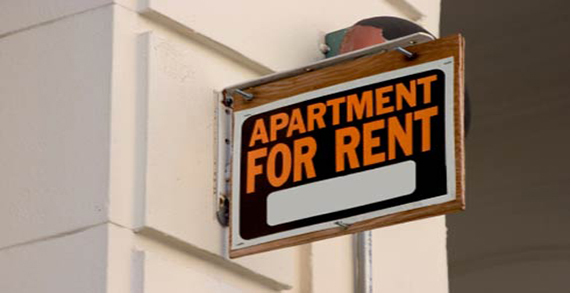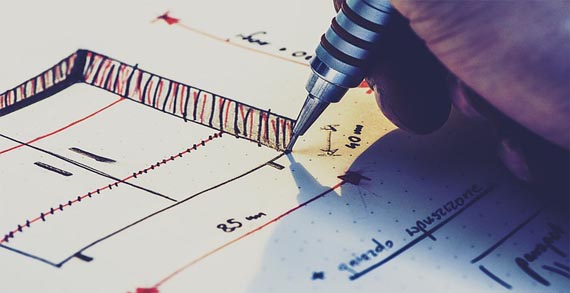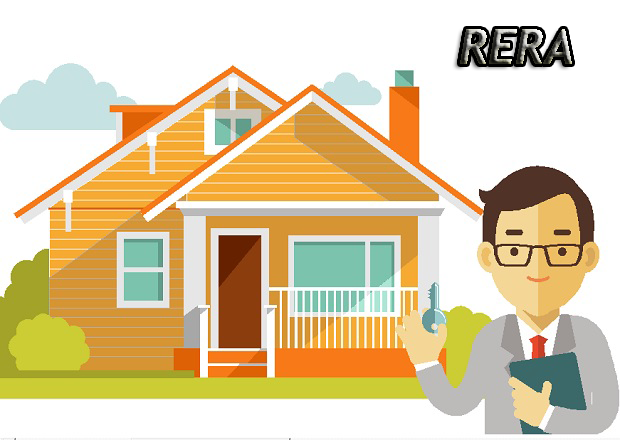Housing tax is assessed on the basis of the annual valuation of the property. In India taxability builds upon the source of income and residential status. If the source of income is a rented apartment, located inside anywhere in the country, the amount collected from it is going to be taxable in India as per the existing, statutory property tax rules of India . Any property (residential/commercial) whether self occupied or let out comes under Indian property tax rules. Annual tax rate for a rental apartment depends on facts like-
• Amount earned as a rent
• Municipal Valuation
• Tax rate determined by the IT department (Fair rent)
If you qualify as an NRI, then Indian property tax has nothing to do with your income earned and received in the outer country of India won’t be taxable under Indian property tax or IT rule. There are various tax deductions processes which a rental revenue has to look over, such as-
• Municipal taxes paid to the local civic body
• Standard deduction at 30% of the total taxable value
• Interest paid on a loan taken for building development, maintenance, addition or renovation of the property.
• Pre-construction period deduction(accessible in 5 installments ensuing the completion year)
The principal amount repayment of housing loan is also eligible for deduction under section 80c (Max deduction of Rs. 1, 50,000). You won’t be eligible to file an IT return unless your total taxable earning in India (counting rental income and/or any other source of income) does not surpass the maximum amount not chargeable to tax (Rs2,50,000). But for people who lives in US and collect rent from India, in such cases applicable deduction could be claimed in US for taxes paid in India under the Double Taxation Avoidance Agreement between India and the US.
Income tax is payable on any sum of amount, movable/immovable property not including any gift received from any relative. There’s no gift tax in India. Thus, in case a relative, who stays in abroad and transfers money in your account through NEFT, depends on the relation it won’t be a subject to tax in India. Under income tax law- a. spouse, b. brother or sister, c. brother or sister of the spouse, d. brother or sister of either of the parents, e. any lineal ascendant or descendant, f. lineal ascendant or descendant of the spouse, g. spouse of the person referred to in clauses (b) to (f) above fall under the terms relatives. So, receiving any gift from any mentioned relative won’t attract IT obligation.
_LNN (Liyans News Network)- For property investment/ Sell/Rent visit the leading property portal in Kolkata. Get attractive deals on buying luxury property.




